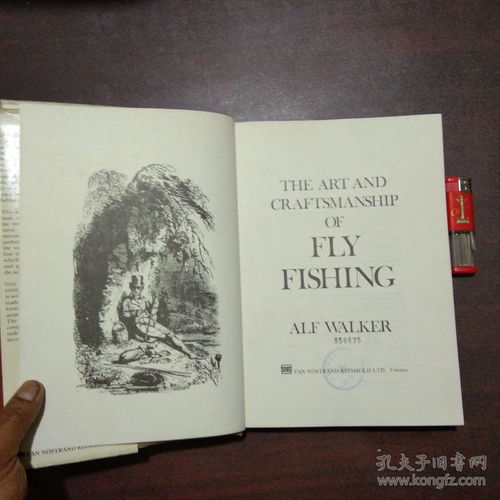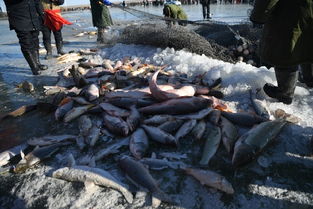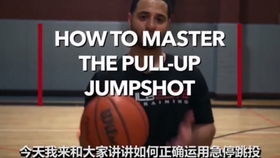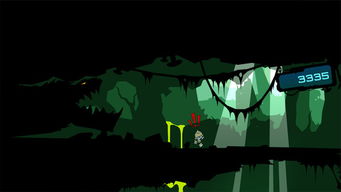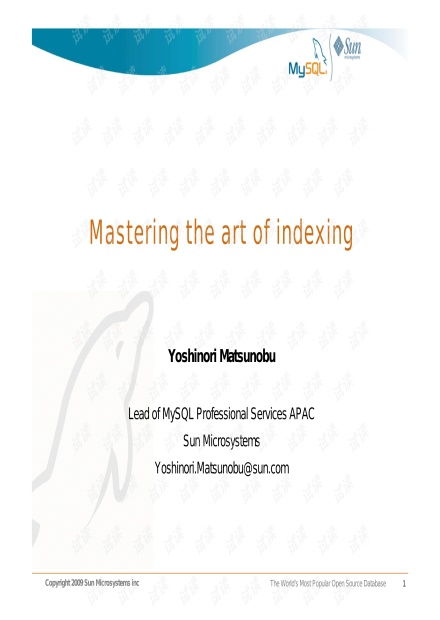Content:
Embarking on the journey of learning to fish can be an exciting yet daunting task, especially for those who are starting from zero. Whether you're looking to unwind on a serene lake, cast your line into the mighty ocean, or simply enjoy the tranquility of fishing, mastering the basics is crucial. Here's a comprehensive guide to help you develop your fishing skills from the ground up.
Understanding the Basics
Before you can start fishing, it's essential to understand the basics. This includes knowing the different types of fishing, the equipment you'll need, and the basic techniques. Here's a breakdown to get you started:
Types of Fishing: There are several types of fishing, including freshwater, saltwater, fly fishing, and ice fishing. Each type requires different equipment and techniques. For beginners, freshwater fishing is often the most accessible and straightforward.
Fishing Equipment: The most basic equipment you'll need includes a fishing rod, reel, line, hooks, sinkers, and bait or lures. As you progress, you may want to invest in additional gear like a tackle box, rod holder, and fishing vest.
Choosing the Right Equipment: The choice of fishing rod, reel, and line depends on the type of fish you're targeting and the environment you're fishing in. For beginners, a medium-action rod with a spinning reel and monofilament line is a versatile choice.
Learning the Techniques
Once you have your equipment, it's time to learn the techniques. Here are some fundamental skills to master:
Tie Knots: One of the most crucial skills in fishing is knowing how to tie knots. The improved clinch knot and the Palomar knot are excellent starting points for securing your line to your lure or bait.
Casting: Casting is the process of throwing your line and lure into the water. Practice different casting techniques, such as the overhand cast, sidearm cast, and roll cast, to improve your accuracy.
Landing a Fish: Once you've hooked a fish, it's important to handle it gently. Learn how to play the fish, bring it to the boat or shore, and safely release it if you're not keeping it.

Practical Tips for Beginners
Start Small: Begin with simple techniques and gradually progress to more complex ones. Don't overwhelm yourself with too much information at once.
Practice Makes Perfect: Like any skill, fishing takes practice. Spend time on the water, even if it's just to practice casting or reeling in your line.
Observe Other Fishermen: Watch how other anglers fish. Notice their techniques, the type of bait they use, and how they handle their equipment.
Join a Fishing Club or Group: Many communities have fishing clubs or groups that offer beginner classes, tips, and opportunities to fish with more experienced anglers.
Respect the Environment: Always follow local fishing regulations and respect the environment. Leave no trace of your presence on the water.
Advanced Techniques
As you become more comfortable with the basics, you can start exploring advanced techniques:
Fly Fishing: Fly fishing requires a different rod, line, and lure. It's a skill that takes time to master but can be incredibly rewarding.
Trolling: Trolling involves moving your boat at a slow pace while dragging a lure or bait behind you. It's effective for catching fish in deeper waters.
Jigging: Jigging involves repeatedly lifting and dropping a weighted lure or bait to attract fish. It's a great technique for targeting bottom-dwelling species.
Conclusion
Learning to fish from scratch can be a challenging but incredibly fulfilling endeavor. By understanding the basics, practicing fundamental techniques, and gradually advancing to more complex methods, you'll be well on your way to becoming a skilled angler. Remember, the key to success is patience, practice, and a genuine love for the sport. Happy fishing!



